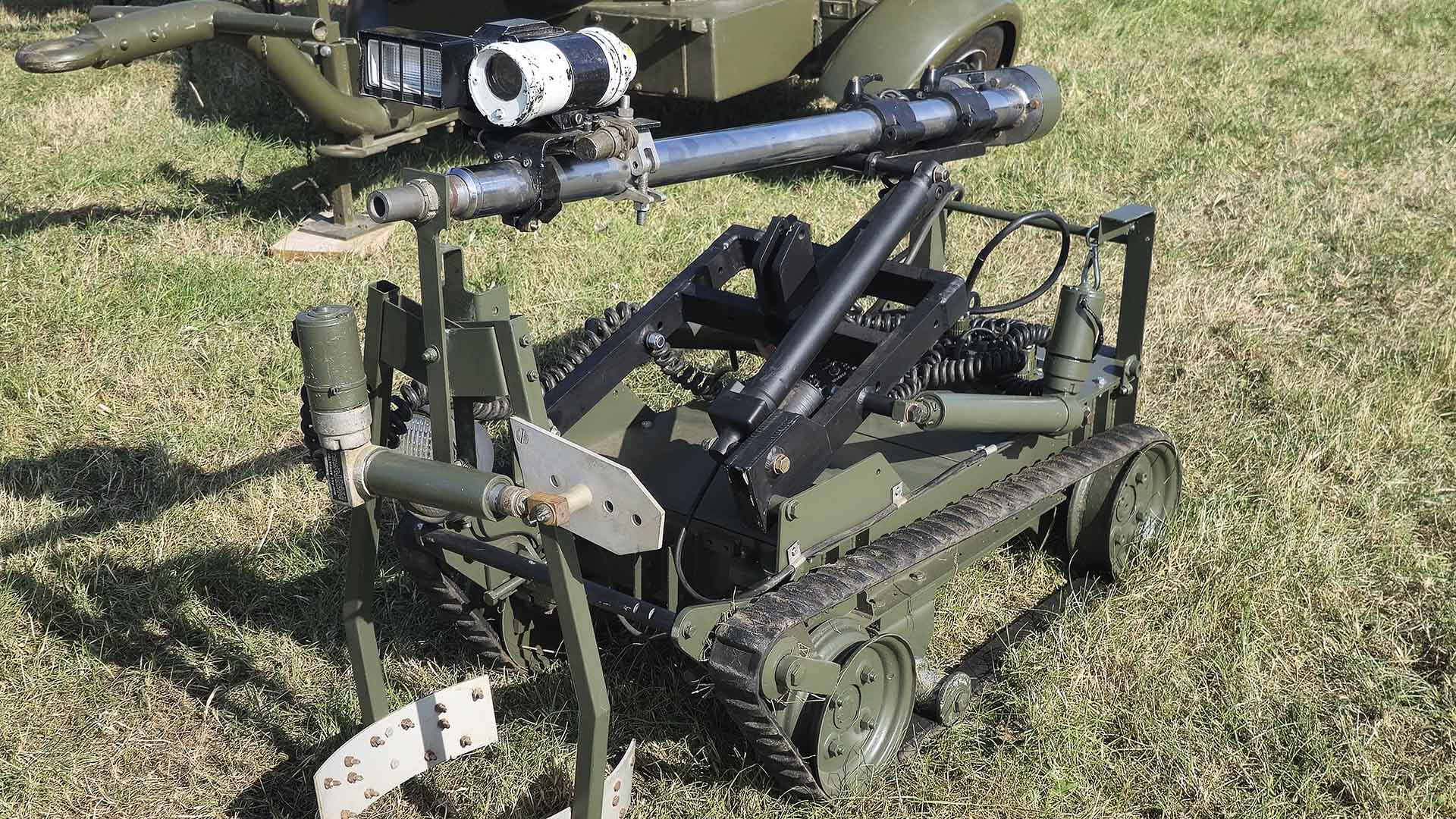Unexploded Ordnance Discovery Sparks Hoveton Evacuation
Device found in river prompts 100m cordon and deployment of Army bomb disposal team in Norfolk town.

NEW YORK -- A routine afternoon in the Norfolk town of Hoveton was abruptly shattered today, May 10, 2025, by the discovery of a suspected unexploded bomb. The find, located in a local river, prompted an immediate and extensive emergency response, leading to the urgent evacuation of shoppers and pub patrons from the town centre. Authorities acted swiftly to secure the area, highlighting the potential danger posed by the submerged object and initiating protocols designed to ensure public safety amidst the unfolding situation. The incident underscores the lingering presence of historical munitions in unexpected locations.
The suspected ordnance was reportedly discovered by an individual engaged in magnet fishing in the River Bure, near Station Road, a key route through Hoveton. Alerted authorities, Norfolk Police promptly established a 100-meter safety cordon as a critical precaution, closing Station Road to all traffic and pedestrian movement. Businesses within this zone, including the King's Head pub, were evacuated, compelling patrons and staff to vacate. This discovery initiated a coordinated multi-agency response aimed at neutralizing any threat and managing the significant local disruption caused by the alert.
Norfolk Constabulary confirmed the ongoing incident via a public statement, noting that authorities had summoned the army’s Explosive Ordnance Disposal (EOD) team to address the situation. These highly trained specialists are tasked with assessing, making safe, and, if necessary, disposing of such volatile discoveries. Authorities anticipated their arrival from Colchester shortly after the initial alert, indicating the seriousness with which officials viewed the potential hazard. The presence of EOD personnel is standard procedure for incidents involving suspected unexploded munitions, reflecting the specialized expertise required to handle these dangerous items.
While the specific origins of this particular Hoveton device await expert examination, its discovery is part of a much larger, enduring issue faced across Europe. The continent remains seeded with unexploded ordnance from past conflicts, primarily World War II, leading to frequent and often surprising finds. For instance, in February 2025, over 160 unexploded World War II-era practice bombs were unearthed beneath a children's playground in Wooler, England, during expansion work. Officials there noted "the scale of the problem was far greater than anyone had anticipated," with dozens of devices, each still carrying a charge, recovered in a small area. Such incidents, whether in Hoveton or Wooler, highlight that discoveries during construction, dredging, or even recreational activities necessitate careful, professional responses to mitigate inherent dangers.
As evening approached in Hoveton, the cordon remained firmly in place, and police strongly advised residents and visitors to avoid the affected area until further notice. The EOD team's assessment will determine the subsequent course of action, which could range from controlled detonation in situ to careful removal for disposal elsewhere. Officials stated they will provide updates to the public as the situation develops and more information becomes available regarding the device and the timeline for resolving the disruption. The priority remains the safety of the public and the secure handling of the ordnance, a challenge mirrored in communities across Europe still contending with the explosive legacies of history.
